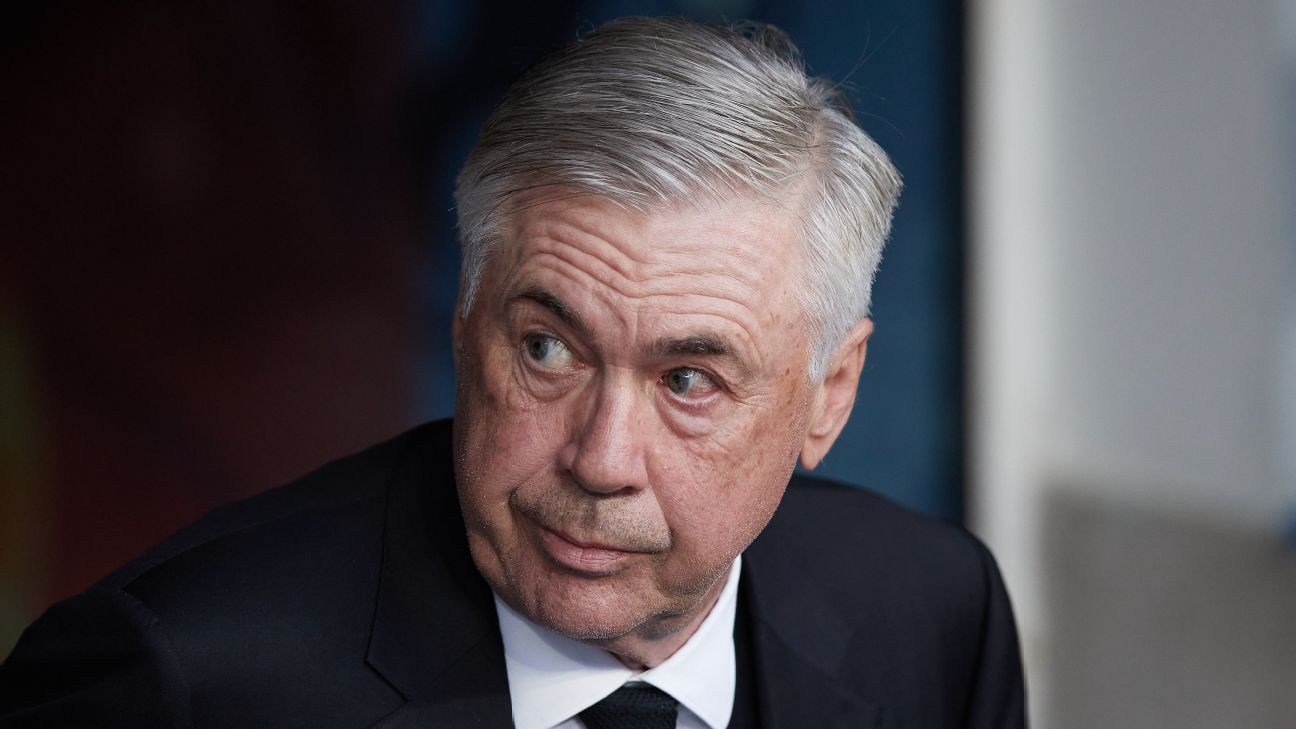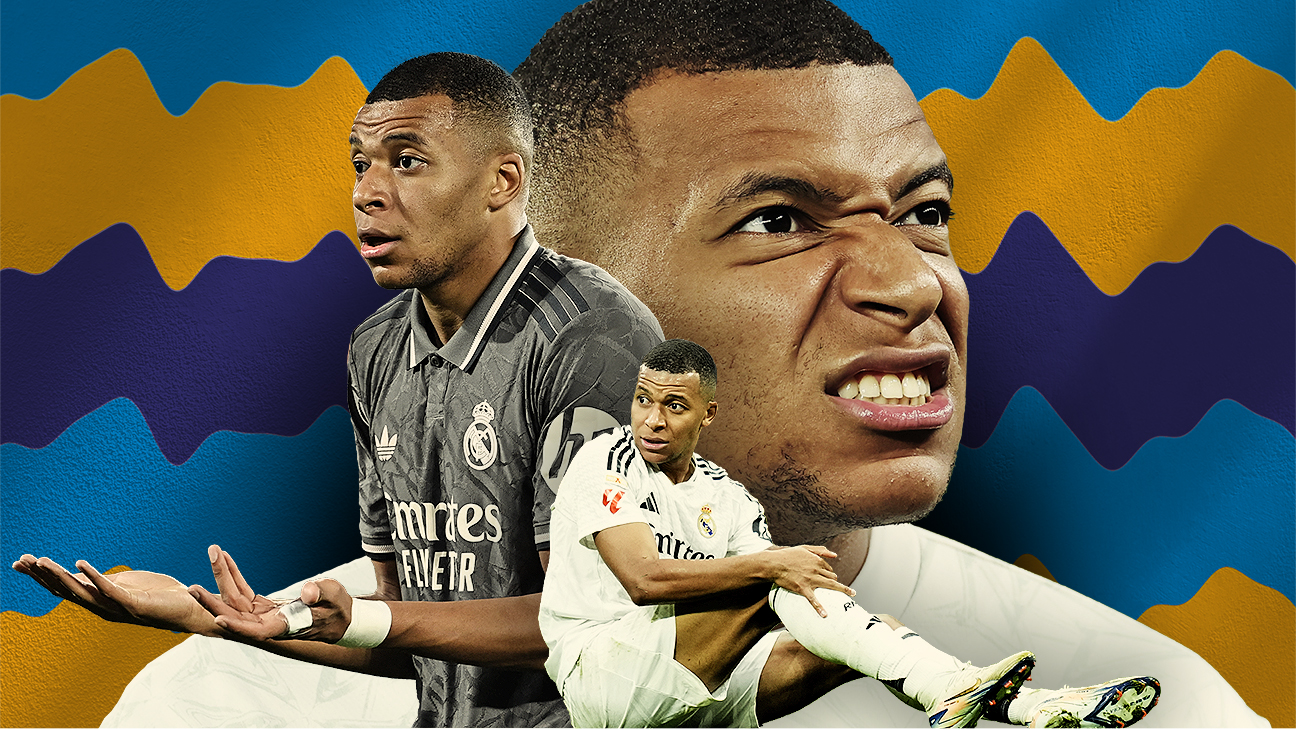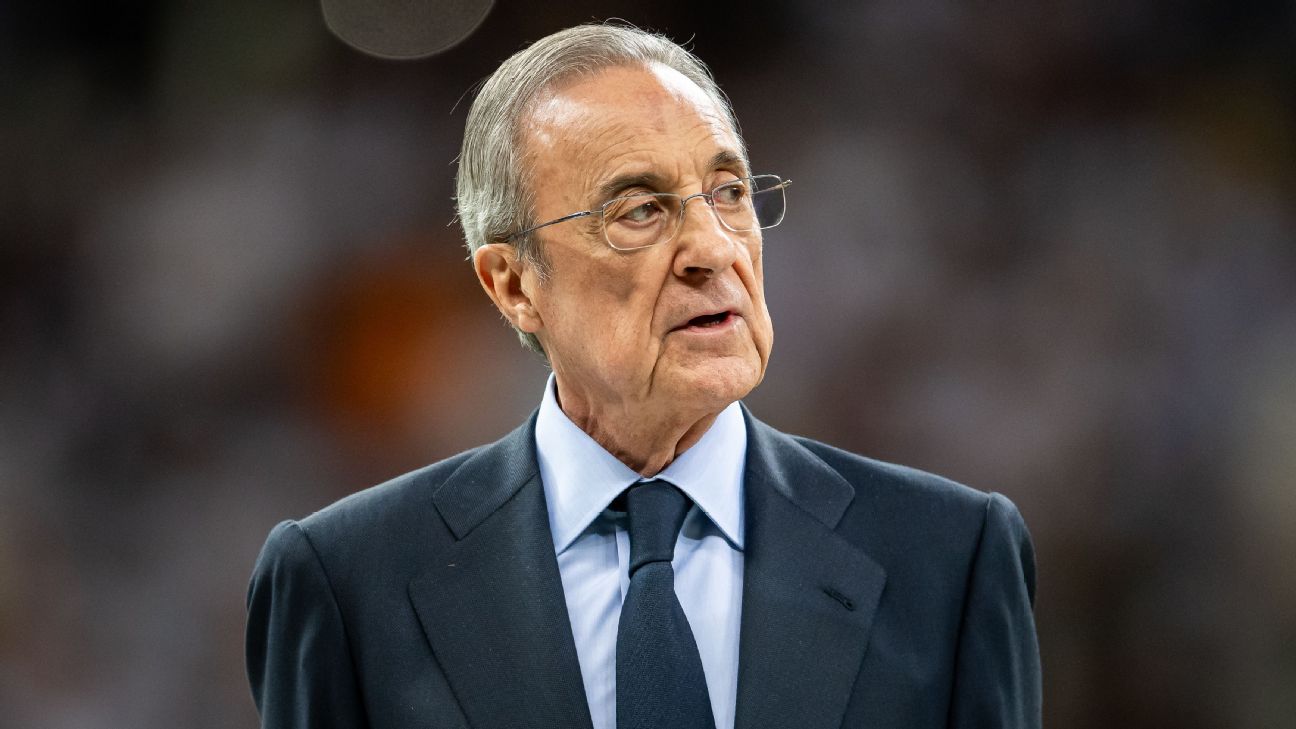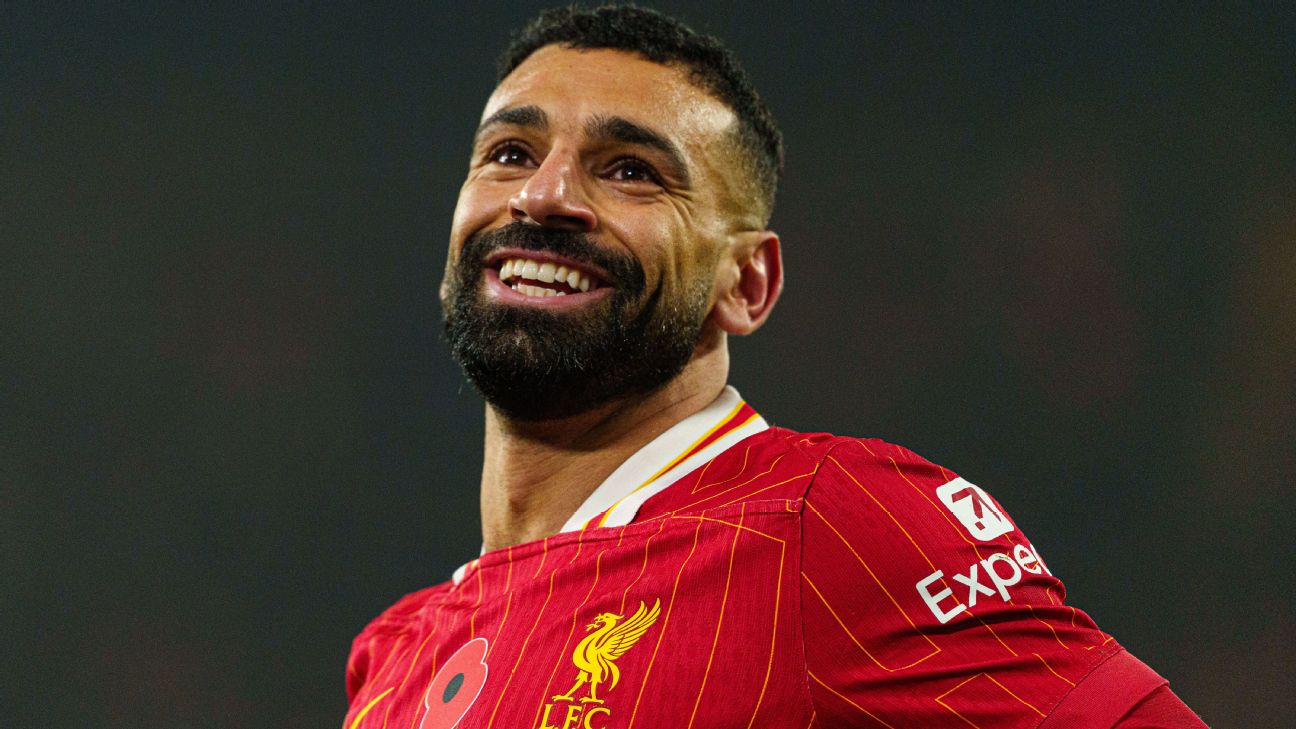This week, the Brazil national team coaching situation got clearer and yet, somehow, became even more confusing in the process.
The local FA president Ednaldo Rodrigues is confident that Carlo Ancelotti will take on the job in a year’s time, once his contract with Real Madrid has come to an end. But there has been no confirmation from Ancelotti, and, in an official sense, nor can there be. He will be free to sign a pre-contract agreement in January, once his deal with Real runs into its final six months.
But in the meantime, there are some important points that still need to be agreed. Salary could be one of them;frne the composition of his back up staff could be another. And one that could well be a bone of contention — where will he be based?
– Stream on ESPN+: LaLiga, Bundesliga, more (U.S.)
Argentina boss Lionel Scaloni lives in Spain, for emample, and there’s a certain logic behind this as it puts him closer to most of his players. Would Ancelotti be allowed to do the same, or would he be expected to spend much of his time in Brazil?
It’s true that there are months in which to sort out these detail, though that leads to another massive question: what happens to the Selecao in the meantime? A short term caretaker will have to take charge — certainly for six rounds of World Cup qualifiers later this year, probably for friendlies and for the preparation ahead of next year’s Copa America.
It is possible that Rodrigues had planned to keep going with Under-20 coach Ramon Menezes in temporary charge, but results led to a rethink. Under Menezes, Brazil were beaten by Morocco in March and then fell to Israel in the Under-20 World Cup. Last month, they lost 4-2 to Senegal. In the light of these results, Menezes became a difficult sell, and Rodrigues went in search of a name with more credibility.
And the problem — or one of them — that he has now created is this; the man who Brazil have appointed to be in temporary charge is not so much a stand in for Ancelotti. He is more of a rival.
Fernando Diniz has been named as the caretaker manager, and over the next few months, he will combine taking care of the national team with his normal day job coaching Fluminense of Rio. Rodrigues sees no headaches here — he feels both Diniz and Ancelotti share a similar tactical approach — but this is not strictly true. Diniz does not share a tactical approach with anyone, the precise characteristic that makes him so interesting.
For the past decade, Diniz-led teams have caught the eye. They like to play out from the back, but they don’t share the positional approach of, say, Pep Guardiola, where there is a quest to avoid having players on the same vertical or horizontal lines, thus ensuring that the man on the ball has as many options as possible. The approach of Diniz is much more free, off the cuff, downright anarchic. A trained psychologist, Diniz sees his teams as an expression of the human relations built up inside them.
This poses several challenges in his new role. National team coaches have little time with their players, and so how will the coach be able to construct the collective spirit that he craves? This approach can also leave the team short on structure, with the defense exposed when the team loses possession. In the “basics first” world of national team football, it will be fascinating to see how far Diniz can put his ideas into practice.
Also, his CV is thin. Diniz has been given jobs based more on promise than reality. And some — many Fluminense supporters among them — argue that his is a short term approach, that opponents can work out his sides, and that the coach’s own explosive temperament can at times sabotage his own project. His current work with Fluminense has been the best of his career, and brought him his first major title in exhilarating fashion earlier this year when his team won the Rio State Championship.
But Fluminense have since run into problems, with two wins from the last 12 games. And Diniz probably deserved a lengthy suspension a couple of weeks back when he was sent off and, all control gone, spent an eternity shouting into the face of an assistant referee.
There is also the question of how he will combine the two roles. Being the national team coach leaves him dangerously exposed — any disappointing Fluminense performance turns into an inquest — and it leaves him open to accusations of conflicts of interest. He could be accused of having selected player X in order to tire him out and weaken the league campaign of team Y, for example. Moreover, the demanding calendar of domestic football leaves him with little time to make an in-depth study of performances in the major European leagues, where the best Brazilians are to be found.
So there are pitfalls all over the place. Should Diniz stumble and do badly with the national team, then not all will be lost. So many teams go through from the South American World Cup qualifiers that Brazil will surely be able to make up lost ground. The potential for conflict comes if he gets off to a good start. Then many in Brazil would question the need for Ancelotti, and the Italian would find himself under intense pressure even before his side had kicked a ball.
These, then, are interesting times and despite the announcements about managers, things look set to become even more interesting.



